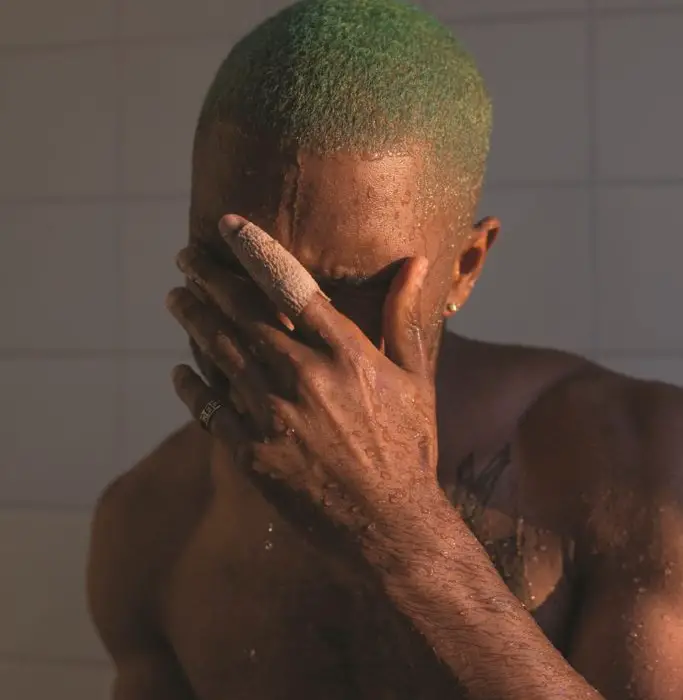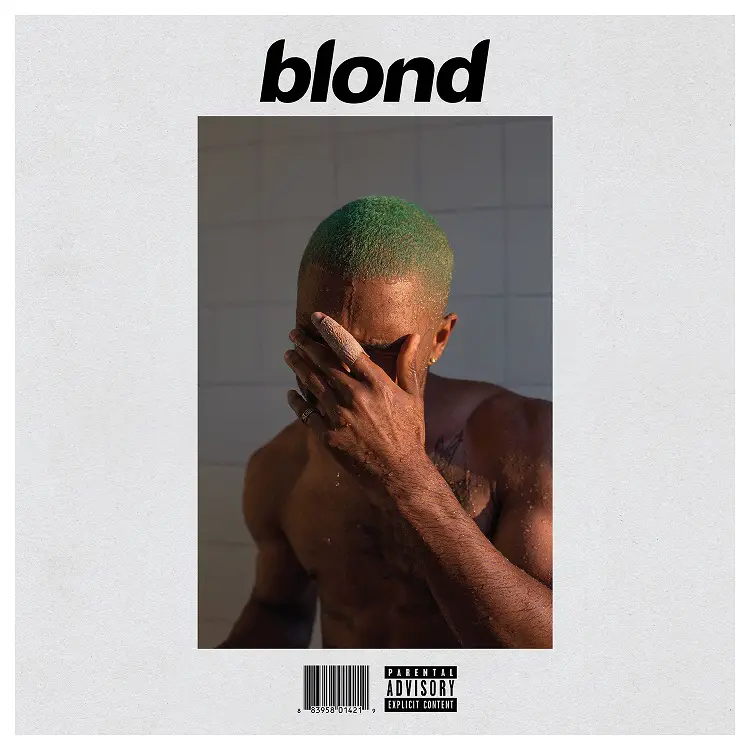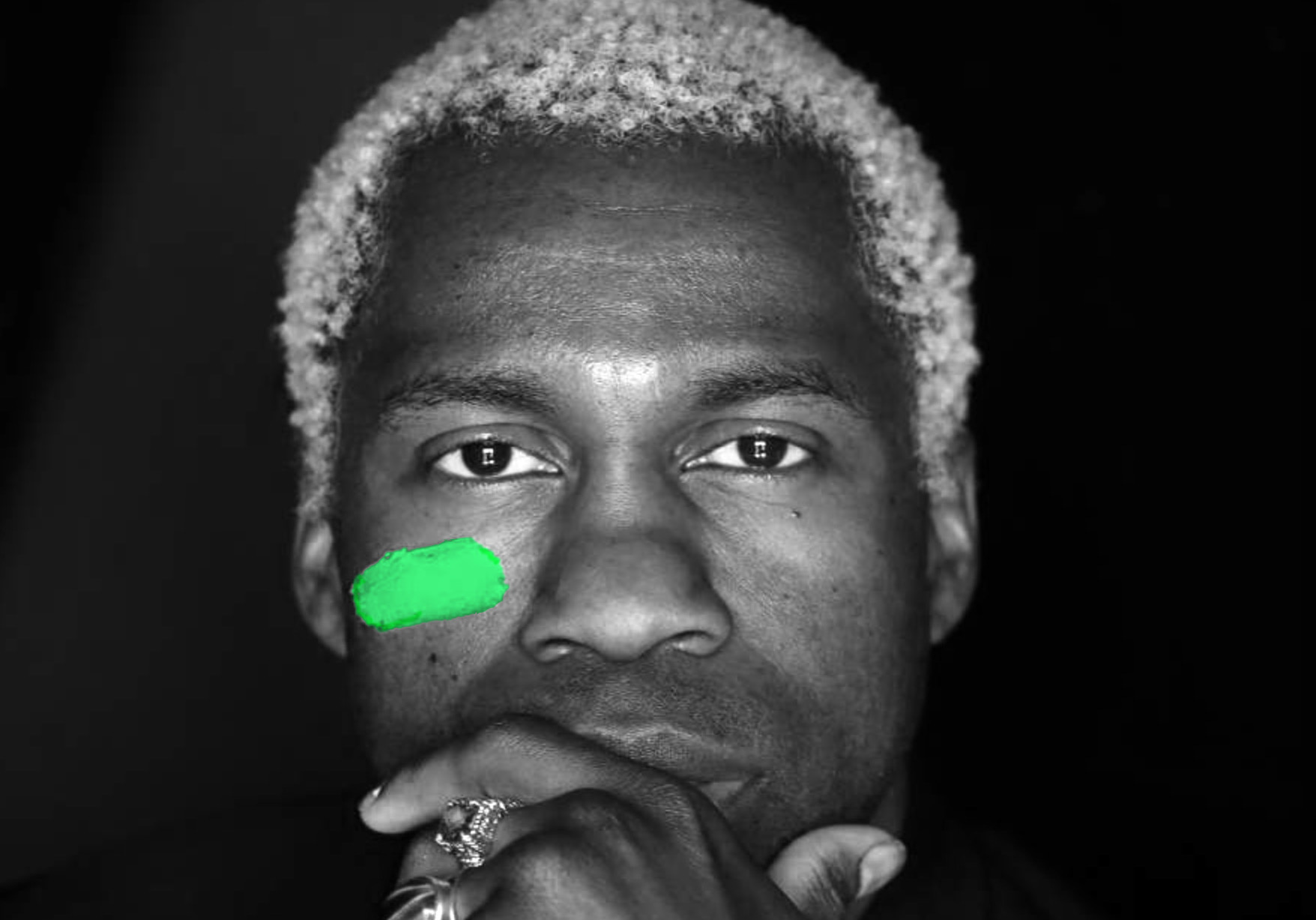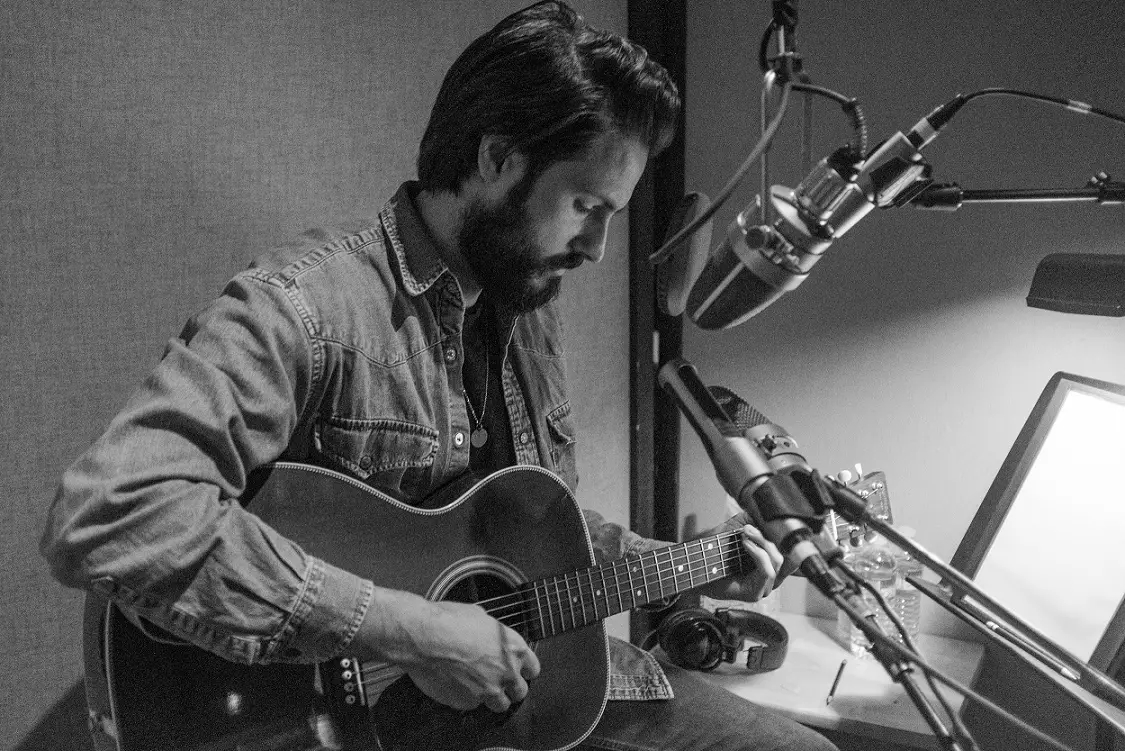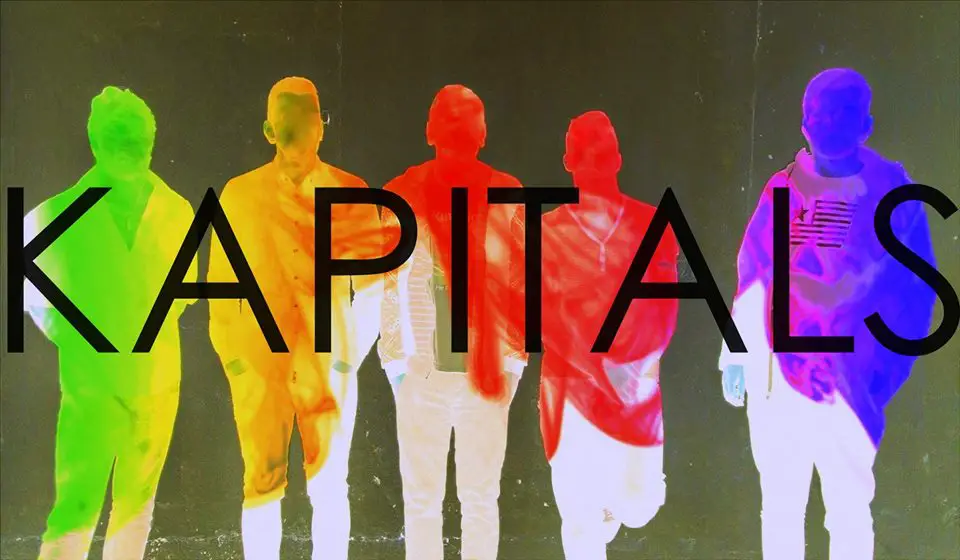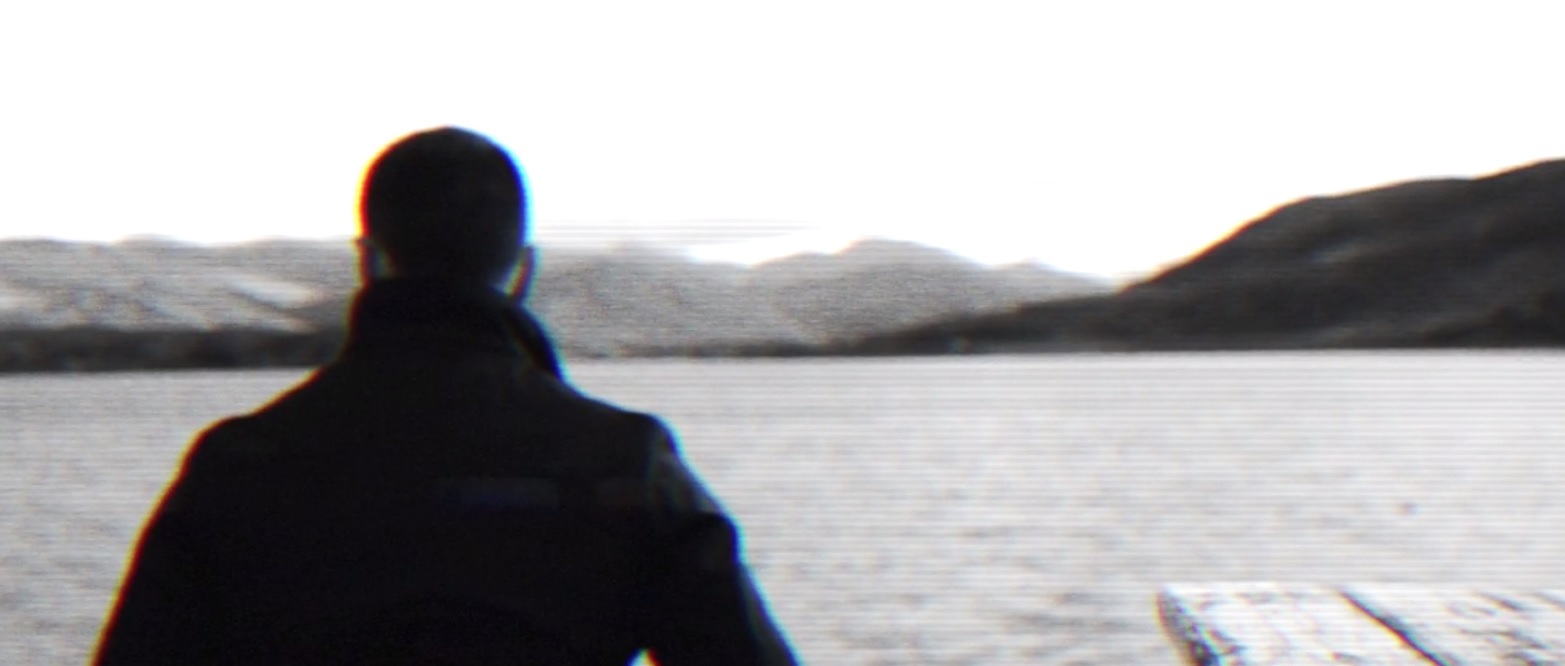Frank Ocean’s “Futura Free” opens like the end of your new favorite sad indie movie. Repeated, gloomy chords quickly invoke the feeling of watching a collage of photos from your end of high school graduation video. Slow motion footage would feel appropriate, distant laughter from a time when things were simpler could be echoing in the distance, a tragic feeling of not loving your parents well enough even though they raised you and surely tried their best begins to swell in your chest. The music entices, but at a cost. Then Frank hops in and confirms the world he is creating.
I used to work on my feet for 7 dollars a hour
Call my momma like momma
I ain’t making minimum wage momma
I’m on momma
I’m on
Listen: “Futura Free” – Frank Ocean
http://fr.musicplayon.com/play?v=495046
Frank Ocean is no stranger to nostalgia (see: Nostalgia, Ultra), and it lurks throughout his entire album Blonde. But “Futura Free” feels especially significant because it is his last chance to get his thoughts out on the record. Who knows when any new music will come from Frank Ocean, which has put even more pressure on every word he has shared with us? It’s a tricky situation. The foreplay has boosted Ocean to god-status in pop culture, but he often sings about his uncomfortable feelings about being an icon. He repeatedly tells us that he would be happy with just sex and cars, but those two nutrients are typically reserved for the rich and famous. Just like Channel Orange’s “Super Rich Kids” perfectly described the irony of wealthy, economically successful families’ kids being apathetic and wasteful, Ocean’s pursuit of cars and sex has led him right to where he says he doesn’t really want to be – playing chess with his and others’ net worths. Dare I say it? Frank Ocean is a fucking walking paradox. And that satisfies something within people who find themselves making decisions they know they don’t want to make. It’s based in tragedy, and it touches something at the core of being human.
Singing about human tragedy isn’t exactly a new idea, but Ocean has a unique and important contribution to make in that throughout “Futura Free” he starts to grab out of his crippling world of nostalgia and despair, showing resilience. He starts to talk real shit. He calls out fakes and lames, and boosts his real friends and roots. In typical Ocean fashion, he uses cars as markers of time, degrees of friendship, and, of course, pleasure. An old four-door Lexus is a real friend (shout out to my 2000 ES300 that just died), the new Bugatti is because he can. He defiantly brags about his ability to support himself, making his own schedule, avoiding any sort of “real” job. He even calls out listeners for not being able to change the song because they are entranced by what they are hearing. But as Frank begins to build momentum in his proud musings on his personal success, memories creep back in.
I’ll keep quiet and let you run your phone bill up
I know you love to talk
I ain’t on your schedule
I ain’t on no schedule
I ain’t had me a job since 2009
I ain’t on no sales floor
You say I’m changing on you
I feel like Selena
They wanna murder a nigga
Murder me like Selena
The song seems stuck in a cyclical pattern of defiant optimism and crippling nostalgia. We feel Ocean bobbing on the surface of the song, treading water but occasionally being sucked under by a strong current. Ocean gets this nightmarish quality across vocally and musically by playing with pitch control as well as hard cuts in musical style. A high pitched Ocean begins the track only to give way to an unfiltered Ocean crooning about the freedom of Tupac after his death. The indie-closer chords of the opening fade into a more confident, plodding beat that switches the mood from glassy-eyed pondering to head-up speed walking through busy streets.
But as “Futura Free” begins to shift into higher gears, an obscured conversation cuts through the music and the song, as well as Frank, takes a 180 into the past. The momentum plays like a night of drinking to forget. Sadness replaced by blissful confidence runs into a wall. Silence, sleep, dreams of the memories forgotten. After a brief moment where the listener may not even realize that the track has gone silent, cacophonous voices wrestle with each other, a pause, and a familiar keyboard instrumental begins to take over. The simple keyboard theme glazes the following voices with an essence of dream, of real-but-not-real. The theme appears on “Be Yourself”, where Frank’s friend’s mother gives stern advice about the dangers of drugs and alcohol and on “Facebook Story”, where French producer SebastiAn rambles about the effect of social media on a relationship he was in. Neither of these tracks are distorted like the finale of “Futura Free,” but both contain a similar sense of suspended time.
The repetition of the understated theme works to slightly hypnotize listeners. And the final moments of “Futura Free” find the theme at its most potent, being shrouded by relentless static, traffic, and distant voices. On the first listen, it is nearly impossible to make out any sort of consistent ideas. It becomes clear that some sort of interview is being conducted, but the answers are consistently cut off and interrupted by laughter and harsh noises of city life. The only through lines that can be relied on are the theme and the final text, “how far is a light year,” which is repeated twice before the whole song seemingly dies like a machine being unplugged.
Broken into three distinct parts of nostalgia, triumph, and dream, Frank Ocean has constructed an overtly enigmatic finale to his sophomore album. He dodges pedantic ideals of fame and over-indulgent nostalgia in favor of sonic shifts and musical dexterity. These decisions result in a world that feels ephemeral as well as abrasive. It hits hard and then slips away into something else, being pulled by a current that is out of anyone’s control. Of course, Ocean is the mastermind behind the project, but he seems just as insistent on mystery and enigma as he does his own talent. He was making minimum wage and now makes millions. There’s really no way anyone could convey completely how a transformation like that happens. So instead Ocean uses the finale to put on record a collection of thoughts and feelings that give us a general taste of where he is right now and how that lives in relation with his past. His talent is to take listeners on this journey of introspection, to make them care, and to give them points of contact where they can find a way to relate to someone who can hardly go out in public.
“Futura Free” and Blonde ends with the question “how far is a light year,” but it would be foolish to simplify the album as only asking questions. Ocean operates in a world of questions, but he stumbles upon answers as he goes along. Of course, answered questions often lead to more questions. And the cycle continues…
— — — —

